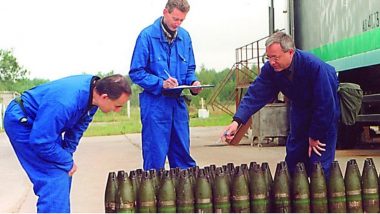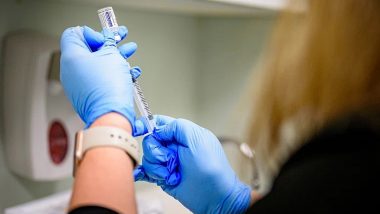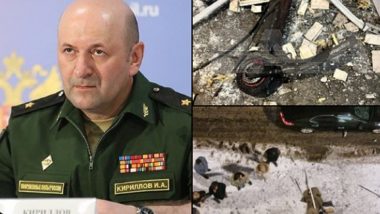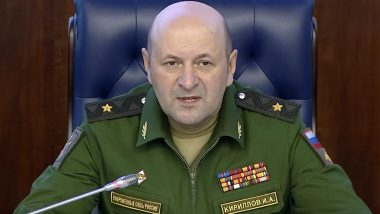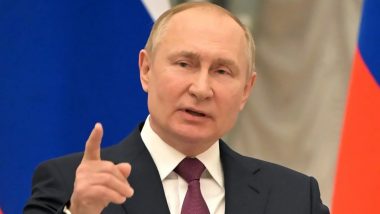After two days of tense talks and in face of stiff opposition from Moscow and Damascus, a British-led proposal to strengthen the mandate of the Organisation for the Prohibition of Chemical Weapons (OPCW) passed by 82 votes in favour with 24 against at The Hague. It was adopted at the Fourth Special Session of the Conference of the States Parties to the Chemical Weapons Convention (CWC) on addressing the threat from chemical weapons use.
The OPCW now "has a crucial extra power, not just to identify the use of chemical weapons, but also to point the finger at the organisation, the state that they think is responsible.”
Other delegates said applause broke out after the vote at the rare special session of the OPCW's top policy-making body, called by the UK following recent repeated use of poison gases in Syria, Iraq as well as nerve agent attacks in Malaysia and Britain.
Until the vote by States Parties on Wednesday, OPCW could only say whether chemical weapons had been used, but not by whom. “I have not hesitated in pointing out that currently there is no mechanism that would ensure that those who use chemical weapons are held fully accountable,” OPCW Director-General Ahmet Üzümcü stated at the opening of the Special Session Conference of the States Parties to the Chemical Weapons Convention (CWC).
“Investigations of alleged use of chemical weapons are essential if we are to preserve the core norms of the Convention, its credibility, and its integrity,” he added, saying that chemical weapons use is a serious offence requiring resolute action.
According to news reports, the European Union and the United States supported the UK-led move to expand the OPCW’s powers, while Iran, Syria and Russia opposed the move as going beyond its mandate.
An angry Russia, which is being blamed by the UK for the Salisbury nerve agent poisoning as well as its presence in Syria says it would not rule out leaving what it called a "sinking Titanic". Russian ambassador to the Netherlands Alexander Shulgin told reporters, "It looks like the collapse of the organisation is currently in the making."
Asked point blank if Russia, which joined the OPCW at its beginnings in 1997, would withdraw from the body, Shulgin said "all options are on the table," adding that the watchdog, which has overseen the destruction of all its declared chemical weapons, had been "severely damaged".
OPCW director general Ahmet Uzumcu and his successor, who takes over in July, were also mandated to draw up proposals to give the body broader powers to identify those unleashing chemical weapons in any other country, if governments ask for help.
Those proposals will go to the next meeting of state parties in November for a vote, British ambassador to The Hague, Peter Wilson told reporters. "The principle has been established that there should be a general attribution arrangement as well as a clear flick of the switch which allows the director general to proceed with attribution in Syria," he said.
(The above story first appeared on LatestLY on Jul 24, 2018 03:25 PM IST. For more news and updates on politics, world, sports, entertainment and lifestyle, log on to our website latestly.com).











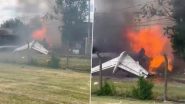

 Quickly
Quickly








